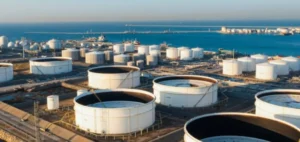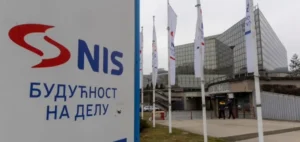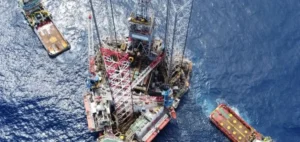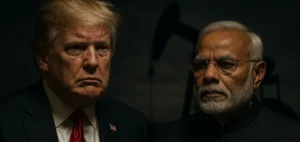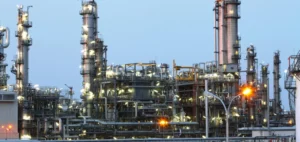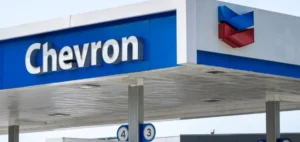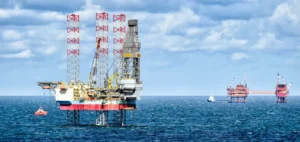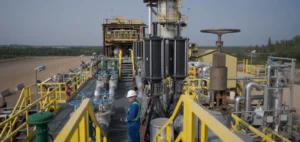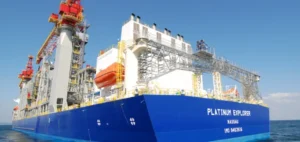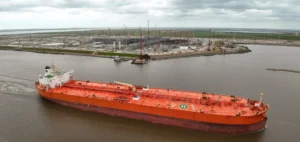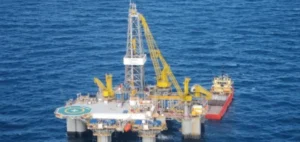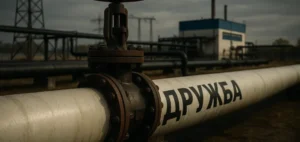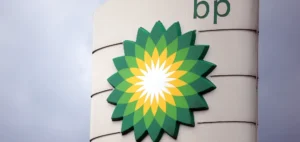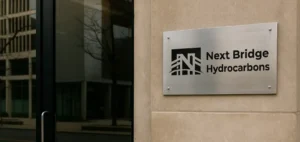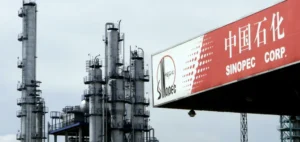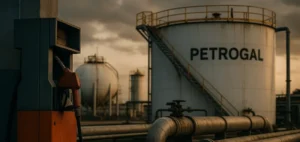Russian President Vladimir Putin said on Wednesday that oil production cuts were necessary to maintain a certain price level, contradicting assurances from other OPEC+ group leaders that they were not seeking to manage the market in this way. The United States and Europe have accused Russia of using oil as a weapon to contain the West’s intention to weaken Moscow’s military campaign in Ukraine. In return, Moscow accuses the West of using the dollar and financial systems such as the SWIFT international payment mechanism in retaliation for the dispatch of Russian troops to Ukraine in February 2022.
Speaking at a televised government meeting, Putin said that the situation on the world oil market was, on the whole, “absolutely stable” thanks to the production cuts maintained by Russia to support prices. He also affirmed that Russia had reduced its production to the “required level”. Putin added: “But all our actions, including those linked to voluntary production cuts, are precisely linked to the need to maintain a certain price environment on world markets, in dialogue and contact with our OPEC+ partners.”
Saudi Arabia, leader of the Organization of the Petroleum Exporting Countries (OPEC), and other OPEC members have repeatedly stated that they are not targeting a specific price for oil, something that major fuel consumers such as the USA have accused the group of trying to do illegally. At the same time, some OPEC observers have said that the organization needs higher oil prices because of rising inflation.
Reduction of 500,000 barrels per day
On April 2, Russia announced that it would extend an oil production cut of 500,000 barrels per day (bpd) – around 5% of its crude oil output – until the end of the year, compared with February levels. Major OPEC members announced reductions on the same day. “We are reducing production, but it is nevertheless at the required level,” said Putin. Russian Deputy Prime Minister Alexander Novak, on a visit to Iran, said later on Wednesday that Russia had met its targets for cutting oil production by 500,000 bpd this month.
Last week, oil price indices fell for the fourth consecutive week, the longest string of weekly declines since September 2022, on fears of a US recession and the risks of a historic default on government debt in early June. The price of Russian Urals blend, denominated in rubles, fell 14% below the profitability level forecast for this year’s federal budget in early May, according to Reuters calculations, exacerbating an already huge deficit in state coffers.


